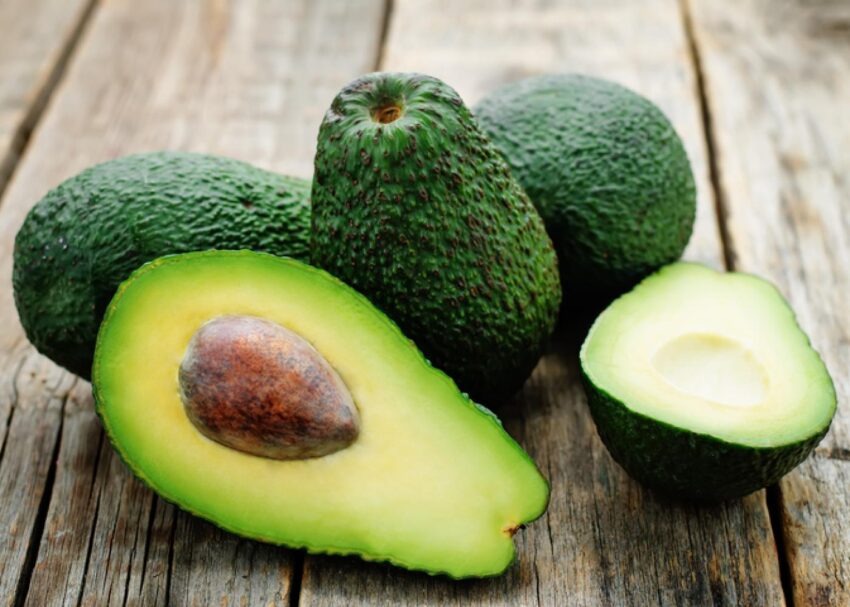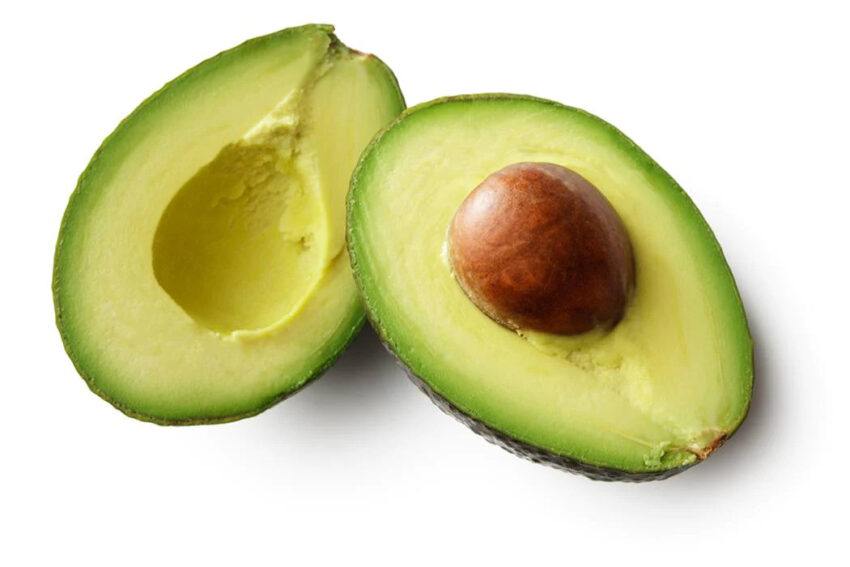If you’re a fan of guacamole or avocado toast, you may be interested to learn about the nutritional benefits of avocados. This creamy fruit is not only delicious but also packed with essential vitamins and minerals that can promote good health. In this article, we’ll take a closer look at avocado nutrition facts and the potential health benefits associated with this superfood.
What Are Avocados?

Avocado (Persea americana) is a fruit that originated in Central America and is now grown in many parts of the world, including California, Mexico, and Peru. The avocado tree can grow up to 30 feet tall and produces a large green fruit with rough, textured skin. The flesh of the fruit is creamy and contains a large seed in the center.
Avocado Nutrition Facts
Here is a chart summarizing the nutrition information for one medium-sized avocado:
| Nutrient | Amount |
|---|---|
| Calories | 234 |
| Fat | 21 g |
| Saturated Fat | 3 g |
| Carbohydrates | 12 g |
| Fiber | 10 g |
| Protein | 3 g |
| Vitamin K | 26% of the daily recommended value |
| Folate | 20% of the daily recommended value |
| Vitamin C | 17% of the daily recommended value |
| Potassium | 14% of the daily recommended value |
| Vitamin B5 | 14% of the daily recommended value |
| Vitamin B6 | 13% of the daily recommended value |
| Vitamin E | 10% of the daily recommended value |
Note that these values may vary slightly depending on the size and ripeness of the avocado.
One of the most notable things about avocados is their high-fat content. However, most of this fat is considered healthy, monounsaturated fat, which can have positive effects on cholesterol levels and heart health. Here is a breakdown of the nutrition facts for one medium-sized avocado:
Calories
An average-sized avocado contains approximately 234 calories, making it a relatively high-calorie fruit. However, the high fiber content can help to promote feelings of fullness and prevent overeating.
Fat
The majority of the calories in an avocado come from fat, with approximately 21 grams per fruit. However, as mentioned, most of this fat is considered healthy, monounsaturated fat. Avocados are also relatively low in saturated fat, with just 3 grams per fruit.
Carbohydrates
Avocados are not a significant source of carbohydrates, with just 12 grams per fruit. However, over half of these carbs are in the form of fiber, which can promote healthy digestion and help to regulate blood sugar levels.
Protein
Avocados are not a significant source of protein, with just 3 grams per fruit. However, they do contain all nine essential amino acids, making them a complete protein source.
Vitamins and Minerals
Avocados are a rich source of many essential vitamins and minerals, including:
- Vitamin K: 26% of the daily recommended value (DRV)
- Folate: 20% of the DRV
- Vitamin C: 17% of the DRV
- Potassium: 14% of the DRV
- Vitamin B5: 14% of the DRV
- Vitamin B6: 13% of the DRV
- Vitamin E: 10% of the DRV
Avocados also contain small amounts of other essential nutrients, including calcium, iron, magnesium, and zinc.
Health Benefits of Avocados
Given their impressive nutritional profile, it’s no surprise that avocados have been associated with several potential health benefits. Here are a few of the most compelling:
Improved Heart Health
The high monounsaturated fat content in avocados can help to improve cholesterol levels and reduce the risk of heart disease. Additionally, the high fiber content can help to lower blood pressure and improve overall heart health.
Better Digestion
The fiber in avocados can promote healthy digestion and prevent constipation. Additionally, the healthy fats in avocados can help the body absorb fat-soluble nutrients more effectively.
Weight Management
Despite their relatively high-calorie content, avocados may be beneficial for weight management. The fiber and healthy fat content can help to promote feelings of fullness and prevent overeating.
Skin Health
The vitamin C and vitamin E in avocados can help to promote healthy skin and prevent signs of aging. Additionally, the healthy fats in avocados can help to moisturize the skin from the inside out.
How to Incorporate Avocados into Your Diet
If you’re interested in reaping the health benefits of avocados, there are many delicious and easy ways to incorporate them into your diet. Here are a few ideas:
- Guacamole: Mash up an avocado and mix it with diced tomatoes, onions, and lime juice for a delicious and nutritious dip.
- Avocado toast: Top a slice of whole-grain bread with sliced avocado and a sprinkle of sea salt for a simple and satisfying breakfast.
- Smoothies: Add half an avocado to your favorite smoothie recipe for a creamy and nutritious boost.
- Salads: Add sliced avocado to your favorite salad for a dose of healthy fats and fiber.
- Grilled avocado: Cut an avocado in half, remove the seed, and grill for a few minutes on each side for a tasty and unique side dish.
Potential Risks and Side Effects
While avocados are generally considered safe and nutritious, there are a few potential risks and side effects to be aware of. Here are a few things to keep in mind:
- Allergies: Some people may be allergic to avocados and experience symptoms like hives, itching, and difficulty breathing.
- Medication interactions: Avocados may interact with certain medications, such as blood thinners, and should be consumed in moderation if you’re taking these types of medications.
- High-calorie content: While the healthy fats in avocados can be beneficial, it’s important to keep in mind that they are a relatively high-calorie food and should be consumed in moderation if you’re watching your calorie intake.
Conclusion
In conclusion, avocados are a delicious and nutritious fruit that can provide a wide range of health benefits. With their high fiber content, healthy fats, and impressive vitamin and mineral profile, they’re a great addition to any diet. Whether you’re enjoying guacamole, avocado toast, or sliced avocado on your salad, you can feel good knowing that you’re nourishing your body with this superfood.




